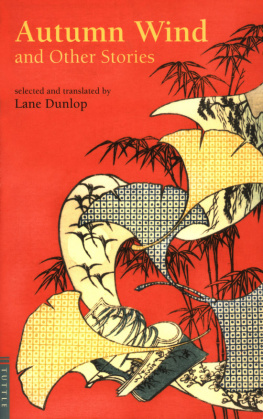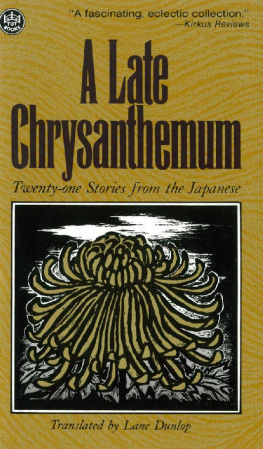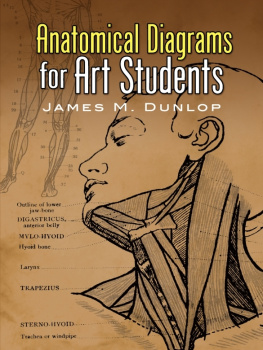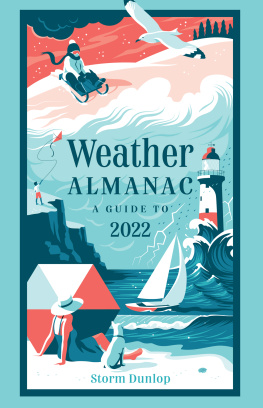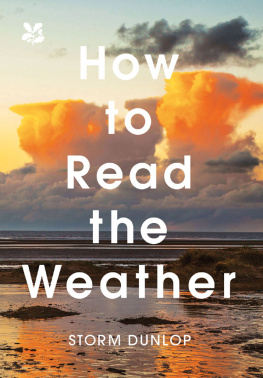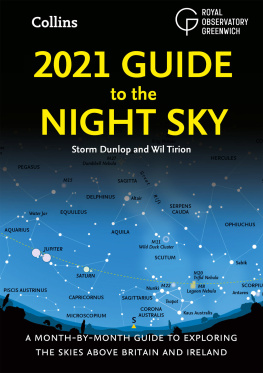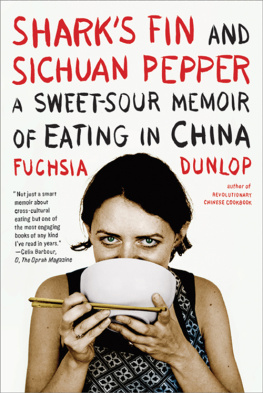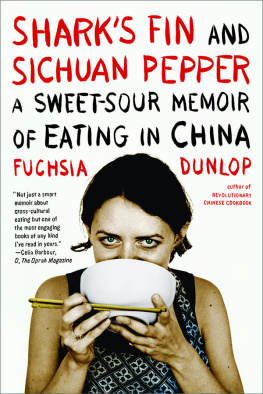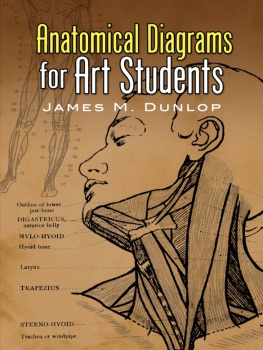Lane Dunlop - Autumn Wind and Other Stories
Here you can read online Lane Dunlop - Autumn Wind and Other Stories full text of the book (entire story) in english for free. Download pdf and epub, get meaning, cover and reviews about this ebook. year: 2007, publisher: Tuttle Publishing, genre: Detective and thriller. Description of the work, (preface) as well as reviews are available. Best literature library LitArk.com created for fans of good reading and offers a wide selection of genres:
Romance novel
Science fiction
Adventure
Detective
Science
History
Home and family
Prose
Art
Politics
Computer
Non-fiction
Religion
Business
Children
Humor
Choose a favorite category and find really read worthwhile books. Enjoy immersion in the world of imagination, feel the emotions of the characters or learn something new for yourself, make an fascinating discovery.
- Book:Autumn Wind and Other Stories
- Author:
- Publisher:Tuttle Publishing
- Genre:
- Year:2007
- Rating:5 / 5
- Favourites:Add to favourites
- Your mark:
- 100
- 1
- 2
- 3
- 4
- 5
Autumn Wind and Other Stories: summary, description and annotation
We offer to read an annotation, description, summary or preface (depends on what the author of the book "Autumn Wind and Other Stories" wrote himself). If you haven't found the necessary information about the book — write in the comments, we will try to find it.
Autumn Wind and Other Stories — read online for free the complete book (whole text) full work
Below is the text of the book, divided by pages. System saving the place of the last page read, allows you to conveniently read the book "Autumn Wind and Other Stories" online for free, without having to search again every time where you left off. Put a bookmark, and you can go to the page where you finished reading at any time.
Font size:
Interval:
Bookmark:
Autumn Wind and Other Stories
Lane Dunlop has won several awards for translation, including the Japan-US Friendship Award for Literary Translation for both A Late Chrysanthemum and Twenty-four Stories from the Japanese, and the American Academy of Arts and Letters Academy Award in Literature. He is co-translator of Yasunari's Kawabata Palm-of-the-Hand Stories and the translator of numerous Japanese novels, including Kafu Nagai's During the Rains & Flowers in the Shade: Two Novellas.

For Ce Roser
Acknowledgments are due to the editors of the following magazines, in which these stories first appeared in slightly different form: Translation for "The Fox", "Mount Hiei", "Autumn Wind", "Bamboo Flowers" and "Borneo Diamond"; The Literary Review for "Flash Storm", "Along the Mountain Ridge", and "Ivy Gates"; Prairie Schooner for "The Garden", New England Review for "One Woman and the War" and "Grass"; Mississippi Review for "The Titmouse" and "Ugly Demons"; Michigan Quarterly Review for "Invitation to Suicide."
Kitsune 1909 by Nagai Kafu, 1959 Nagai Nagamitsu; Niwaka are 1916 by Satomi Ton, 1983 Yamauchi Shizuo; H eizan 1935 by Yokomitsu Riichi, 1947 Yokomitsu Shozo; Akikaze 1939 by Nakayama Gishu, 1969 Nakayama Himeko; Higara 1940 by Kawabata Yasunari, 1972 Kawabata Hite; Senso to hitori no onna 1946 by Hayashi Fumiko, 1951 Hayashi Fukue; Iwa one nite 1956 by Kita Morio; Shumatachi 1965 by Kurahashi Yumiko; Take no hana 1970 by Mizukami Tsutomu; Jisatsu no susume 1969 by Watanabe Jun'ichi
Published by Tuttle Publishing, an imprint of Periplus Editions (HK) Ltd., with editorial offices at 364 Innovation Drive, North Clarendon, Vermont 05759 U.S.A. and 61 Tai Seng Avenue #02-12, Singapore 534167.
Copyright 1994 by Charles E. Tuttle Publishing Company, Inc.
First Tuttle edition, 1994
All rights reserved.
LCC Card No. 94-60314
ISBN: 978-1-4629-0309-2 (ebook)
Distributed by:
North America, Latin America & Europe
Tuttle Publishing
364 Innovation Drive, North Clarendon, VT 05759-9436 U.S.A.
Tel: 1 (802) 773-8930 Fax: 1 (802) 773-6993
info@tuttlepublishing.com
www.tuttlepublishing.com
Japan
Tuttle Publishing
Yaekari Building, 3rd Floor, 5-4-12 Osaki, Shinagawa-ku, Tokyo 141-0032
Tel: (81) 3 5437-017 Fax: (81) 3 5437-0755
tuttle-sales@gol.com
Asia Pacific
Berkeley Books Pte Ltd
61 Tai Seng Avenue #02-12, Singapore 534167
Tel: (65) 6280-1330 Fax: (65) 6280-6290
inquiries@periplus.com.sg
www.periplus.com
07 09 11 12 10 08
1 3 5 6 4 2
Printed in Singapore
TUTTLE PUBLISHING is a registered trademark ofTuttle Publishing,
a division of Periplus Editions (HK) Ltd.
Contents
7
NAGAI KAFU 11
SATOMI TON 31
AKUTAGAWA RYUNOSUKE 54
JUICHIYA GISABURO
YOKOMITSU RIICHI 78
OKAMOTO KANOKO 95
NAKAYAMA GISHU 109
KAWABATA YASUNARI 127
SAKAGUCHI ANGO 140
HAYASHI FUMIKO 161
KITA MORIO 183
KURAHASHI YUMIKO 201
MIZUKAMI TSUTOMU 222
WATANABE JUN ' ICHI 237
253
Translator's
Preface
These stories span sixty years of twentieth-century Japanese literature. Between the bittersweet, nostalgic evocation of childhood in Nagai Kafu's "The Fox," set against a background of a still largely traditional Japan, and the alienated, thoroughly modern world of Watanabe Jun'ichi's "Invitation to Suicide" is a development comparable in range and scope to that of any world-class literature. During these years Japan, after centuries of seclusion, adjusted to its full-scale entry into the world, to the successive traumatic shocks of the Great Earthquake of 1923 and the catastrophic defeat of World War II, and to the phoenix-like revival of its economy.
Most of the writers represented in this selection are what might be called standard authors. Their work, all or some of it, continues to be in print decade after decade. Kawabata Yasunari, Japan's only Nobel Prize winner for literature, needs almost no introduction to Western readers; on the other hand, Juichiya Gisaburo, who is perhaps remembered for the one story included in this selection, must be all but unknown even to Japanese. The anthology includes the famous and the unfamiliar, writers known to English readers and others whose work has not been translated previously. Most of the stories themselves are new to English. Those that are not exist only in translations that have been out of print for so long as to be well nigh inaccessible to all but the most devoted student.
It may be said that the dominant tone of Japanese writing is one of characteristically understated sobriety. Whether this is due to the nature of the language, the Japanese temperament, or the realistic mode that has prevailed in the literature is beyond the ambition of this preface. But having once noted it, one must also note the variety of modulations this voice is capable of. In this selection alone are the poignant yearning for the past of Nakayama Gishu's "Autumn Wind," the buoyant cynicism of Sakaguchi Ango's "One Woman and the War," the sexual knowledgeability of Kurahashi Yumiko's "Ugly Demons"perhaps as many variations as there are writers. It is the translator's sincere hope that some of the pleasure afforded him by the perusal and translation of these stories will be conveyed to, and shared with, the reader.


 The sound of dry leaves racing through the garden, the sound of wind rattlingthe paper doors.
The sound of dry leaves racing through the garden, the sound of wind rattlingthe paper doors.
One afternoon in my winter study, by a dim little window, as if in memory of the autumn-evening field where I'd parted from my lover some years ago, I was leaning lonelily against a brazier and reading a biography of Turgenev.
One summer evening, when he was still a child without knowledge of things, Turgenev wandered through his father's garden, densely overgrown with trees and shrubs. By the weedy edge of an old pond, he came upon the miserable sight of a frog and a snake trying to devour each other. In his innocent, childish heart, Turgenev had immediately doubted the goodness of God ... As I read this passage, for some reason I remembered the frightening old garden of my father's house in Koishikawa, where I was born. In those days, already more than thirty years ago, the canal of the Suido district flowed through fields of spiderwort like a rural stream.
At that time the vacant residences of vassals and lower-grade retainers of the old shogunate were coming on the market here and there. Buying up a group of them, my father built a spacious new mansion, while leaving the old groves and gardens intact. By the time I was born, the ornamental alcove posts of the new house had already acquired some of the soft luster of the polishing cloth. On the stones of the garden, which was just as it had always been, the moss grew deeper and deeper, and the shade of the trees and shrubs grew darker and darker. Far back, in the darkest part of those groves, there were two old wells, said to be vestiges of the original households. One of them, during a period of five or six years from before my birth, had been gradually filled in by our gardener, Yasukichi, with all the garden trash, such as dead pine needles, broken-off cryptomeria branches, and fallen cherry leaves. One evening at the beginning of winter, when I had just turned four, I watched Yasu at work. Having finished the job of getting the pines, palms, and bananas ready for the frost, he broke down the sides of the well, which were covered all over with mushrooms dried white like mold. This is one of my many frightening memories of the garden. Ants, millipedes, centipedes, galley worms, earthworms, small snakes, grubs, earwigs, and various other insects that had been asleep in their winter home, crawling out from between the rotten boards in great numbers, began to squirm and writhe slipperily in the cold, wintry gale. Many of them, turning up their dingy white undersides, died on the spot. With a helper whom he'd brought along, Yasu gathered the day's fallen leaves and dead branches together with the chopped-up boards of the well and set it all on fire. Raking in with a bamboo broom the insects and wriggling snakes that had begun to crawl away, he burned them alive. The fire made sharp, crackling noises. There was no flame, only a damp whitish smoke, which as it climbed through the high tops of the old trees, gave off an indescribably bad smell. The wintry wind, howling desolately in those old treetops, seemed to blow down dark night all through the garden. From the direction of the invisible house, the voice of the wet nurse was calling loudly for me. Abruptly bursting into tears, I was led by the hand by Yasu back to the house.
Font size:
Interval:
Bookmark:
Similar books «Autumn Wind and Other Stories»
Look at similar books to Autumn Wind and Other Stories. We have selected literature similar in name and meaning in the hope of providing readers with more options to find new, interesting, not yet read works.
Discussion, reviews of the book Autumn Wind and Other Stories and just readers' own opinions. Leave your comments, write what you think about the work, its meaning or the main characters. Specify what exactly you liked and what you didn't like, and why you think so.

